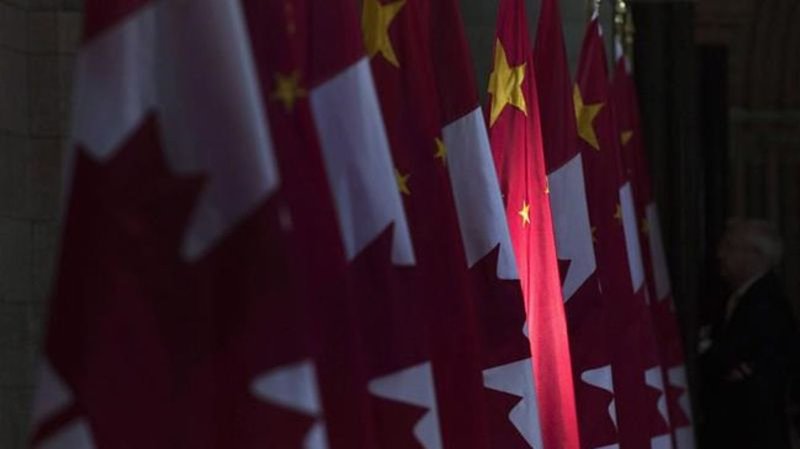
‘Sacred mission’: Dozens of Chinese Canadian groups echo Beijing on Taiwan
VANCOUVER — When a group of Canadian parliamentarians recently announced plans to visit Taiwan, Beijing’s response was swift, with its Ottawa embassy vowing “resolute and forceful measures” against any country interfering in China’s territorial integrity.
Beijing’s Foreign Ministry had earlier summoned Canadian diplomat Jim Nickel over a G7 statement that called on China to peacefully resolve tensions surrounding U.S. House Speaker Nancy Pelosi’s recent visit to Taiwan, telling Nickel the statement was helping “a villain do evil.”
But pressure over Taiwan is also being applied from within Canada.
Dozens of Chinese Canadian associations have echoed Beijing’s positions, declaring support for Chinese “reunification” with Taiwan to be a “sacred mission of all Chinese sons and daughters at home and abroad.”
